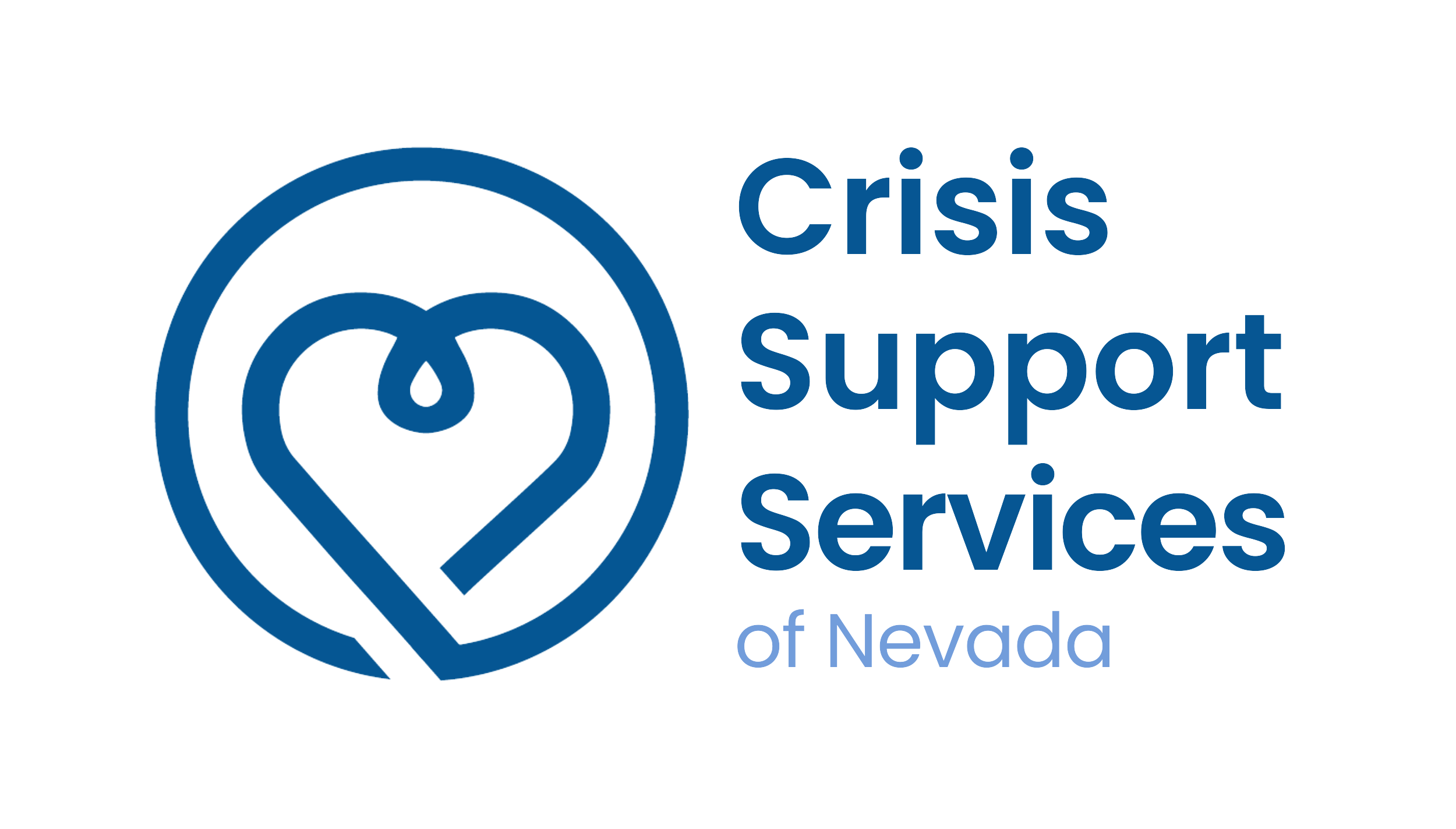COVID-19 has created a new reality for all of us. With news updates coming in every hour and timelines for returning to our regular lives constantly changing, life has become more unpredictable than ever. This uncertainty can make a lot of us feel stressed out, depressed, or simply on edge. This is normal. And there are many things we can do to help ourselves feel better. As we adapt to this new way of life for the foreseeable future, here are five ways for you to ease your anxiety about COVID-19.
- Self-care is Always Important
Everyone responds differently to a crisis. Some people have taken to social media, participating in endless challenges and dance battles. Others are learning a new skill, or spending more time with family, baking bread, or even starting a side hustle. With so many options and so much time on your hands, it’s completely normal to feel overwhelmed.
Some people cope by attending a Zoom yoga class, or by participating in a virtual networking event – but this doesn’t mean you have to. Self-care to someone might be to binge-watch a Netflix series. Others might want to learn how to cook a new recipe every morning. Both of these are okay.
Here a few ideas:
- Try exercising or working out a couple of times a week
- Go on a hike or walk around your neighborhood
- Eat nutritious meals and incorporate healthy snacks
- Coffee is great but don’t forget to drink water
- Take a long bath to the tune of your favorite playlist
It’s easier said than done, but self-care is always important – especially during COVID-19. Adapting to a new reality is difficult for everyone but identifying the things that make us feel more at peace is the first step in self-care.
- Stay Connected Despite Coronavirus
You’re not alone. Isolation can be overwhelming and anxiety-inducing. During a
Staying socially connected is not a debate between introverts and extroverts. Research shows that humans need social interaction for both our well-being and survival. While we may not be able to physically see or hug our friends and family, it’s important to stay connected in one way or another.
Technology is our biggest ally. Whether your phone calls with your family last 10 minutes or two hours – stay connected. Schedule a video call with your friends a couple of times a week where you check-in and have a pandemic-free conversation. If you have a Netflix account, download Netflix Party cost-free or schedule a Zoom meeting and share your screen so you can all watch the movie at the same time.
Remember, choosing to follow social distancing regulations to keep you and others safe does not mean you have to isolate yourself.
- Routines Alleviate Anxiety and Stress
Having a daily routine not only helps keep you busy during quarantine, but it also gives you control over something. We have no control over how long we will have to socially distance for, but we can change how we spend our days.
This doesn’t mean you need to schedule out every aspect of your day. However, maintaining some semblance of structure from your pre-pandemic life can help alleviate anxiety and stress. Avoid falling into a lethargic lifestyle by waking up and going to sleep at similar times. No – you don’t have to wake up at 5 a.m. every day if you don’t want to – but try to schedule your meals, showers, and activities so there is some consistency. You could schedule a daily FaceTime call with your best friend at noon to eat lunch together. If you have children, schedule time for school activities, chores, and T.V. or video games.
Not all routines are the same. Create something that works for you. However, it is you who chooses to schedule your day. Remember to be kind to yourself. It’s okay to succumb to fear in the face of unpredictability – whatever happens, there’s always room for optimism.
- Knowledge is Power
During uncertainty and in times of crisis, having the information we need is crucial. However, consuming too much information can be harmful – especially if it’s not from a credible source.
Absence of information can also give us anxiety, so don’t stop looking at the news completely. Instead, try to limit the amount you consume during the day.
Credible sources such as the Centers for Disease Control and Prevention (CDC) or the World Health Organization (WHO) offer accurate and timely information if you want to read more about COVID-19.
- Don’t Be Afraid To Ask For Help
Regardless of the situation you are facing, it’s important to ask for help when you need it. Being at home doesn’t mean you have to be alone when facing challenges. Some days might be better than others and it’s important to remember that a global pandemic does not have to be a productivity test.
While not everyone feels comfortable opening up to a friend or family member, there is always someone who can help you when you call the Crisis Support Service of Nevada (CSSNV).
Call CSSNV at (800) 273-8255 or text CARE to 839-863 to speak to someone if you are struggling with any issue. A caring, compassionate person is on the other side.

